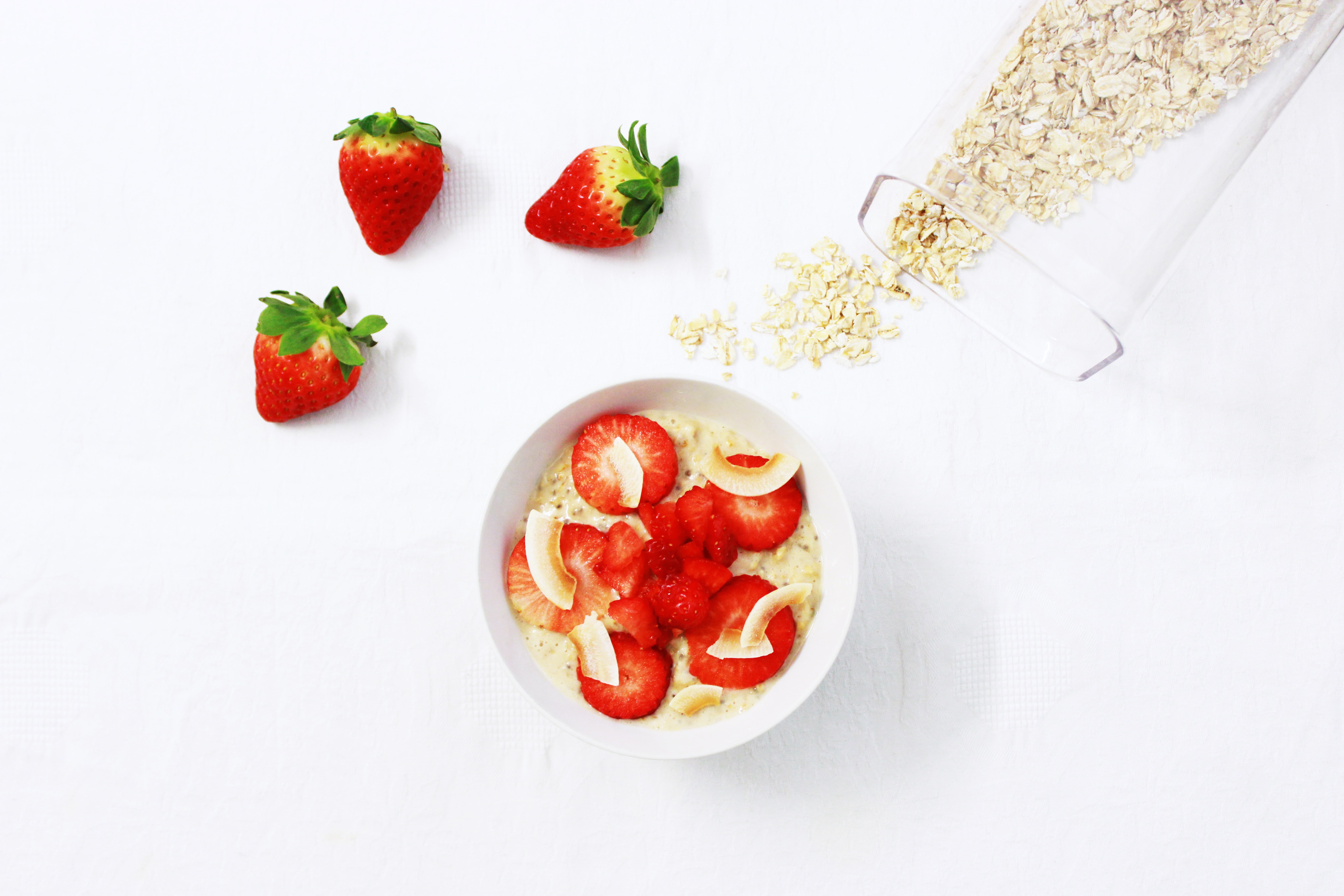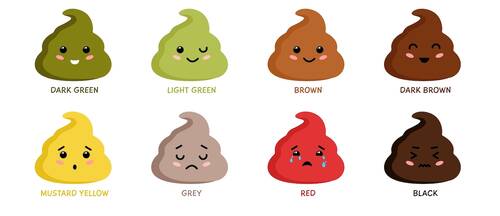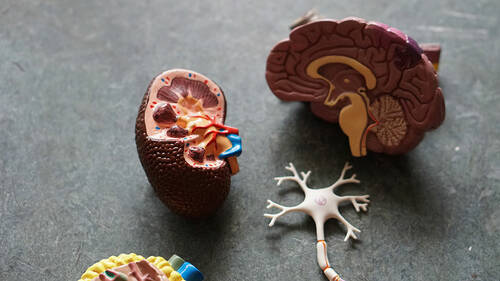1. Oats and Whole Grains:
Oats and whole grains like barley and quinoa are rich in soluble fiber, which can help reduce LDL (bad) cholesterol levels. Start your day with a bowl of oatmeal or swap out refined grains for whole grains in your meals.
2. Fatty Fish:
Fatty fish like salmon, mackerel, and trout are high in omega-3 fatty acids, which can lower triglycerides and reduce the risk of heart disease. Aim to include fatty fish in your diet at least twice a week.
3. Nuts and Seeds:
Almonds, walnuts, flaxseeds, and chia seeds are excellent sources of healthy fats, fiber, and plant sterols, all of which can help lower cholesterol. Enjoy a small handful of unsalted nuts or sprinkle seeds on your yogurt or cereal.
4. Legumes:
Beans, lentils, and chickpeas are low in fat and high in fiber, making them an ideal choice for cholesterol management. Use them in soups, stews, salads, or as a meat substitute in dishes like chili or tacos.
5. Fruits and Berries:
Apples, citrus fruits, and berries contain soluble fiber and antioxidants that support heart health. Snack on whole fruits, add them to smoothies, or enjoy them as a healthy dessert.
6. Vegetables:
Vegetables like broccoli, Brussels sprouts, and spinach are packed with fiber and nutrients that can help lower cholesterol levels. Incorporate a variety of colorful vegetables into your meals for maximum benefits.
Remember that making dietary changes alone may not be sufficient to manage high cholesterol. It's essential to maintain a balanced diet, exercise regularly, and consult with a healthcare professional for a comprehensive approach to heart health. By incorporating these cholesterol-lowering foods into your diet and adopting a heart-healthy lifestyle, you can take proactive steps toward improving your cardiovascular well-being.












